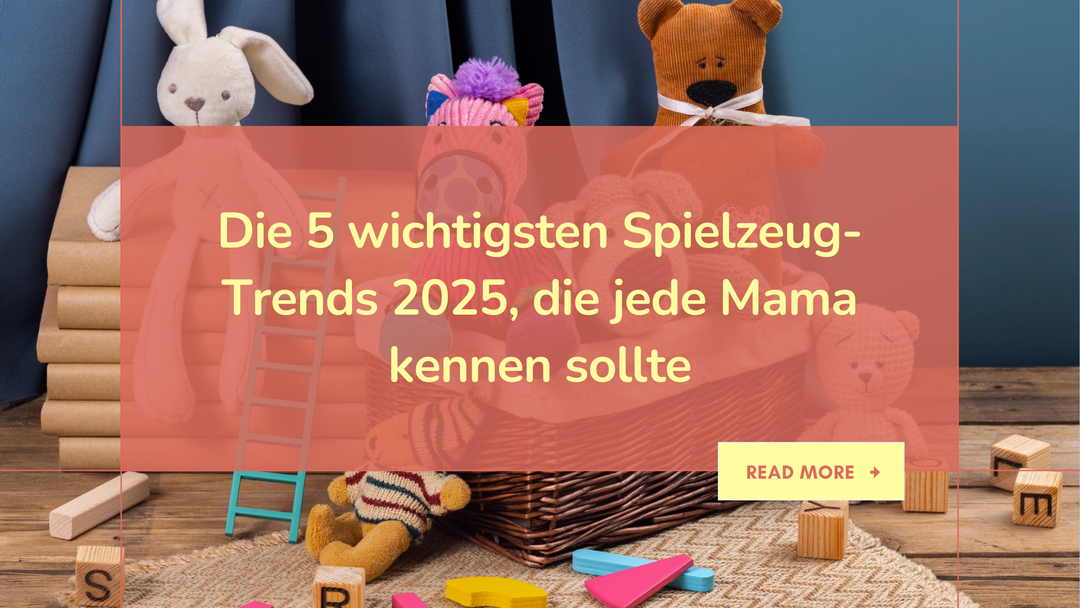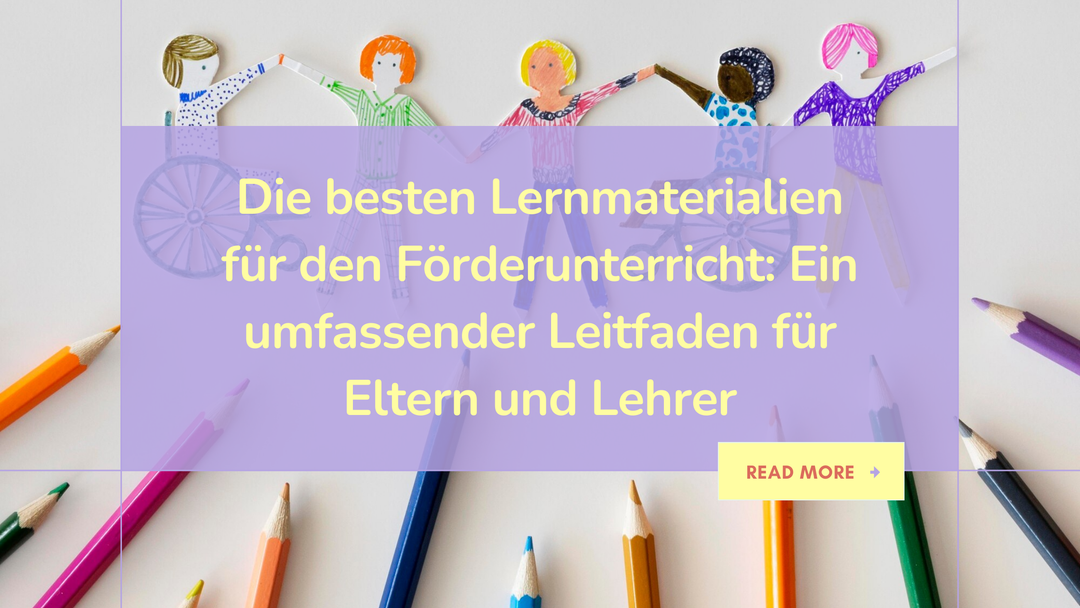Natureich educational toys for young and old - Part 3: Preventing dementia at a young age
Prevent dementia:
Dementia is a disease that mainly affects the elderly. When we hear the term dementia, we first think of old people and so-called old age dementia. However, younger people can also be affected by this disease. Our lifestyle has a major influence on whether we develop dementia or not and, in addition to the influence of factors such as diet, exercise, consumption of luxury foods, stress or environmental factors, digital media also play an important role.

When it comes to preventive care, the first years of life are crucial in addition to the behavior and habits that we have developed in adulthood. If brain development was encouraged in the early years of life, a person is less likely to develop dementia in old age.
In the 21st century, adults and children, on average, spend a lot of time using digital media. Children growing up today experience the world to a relatively large extent through screens. However, several studies have shown in recent years that the use of digital media can have negative effects on brain performance and exacerbate the development of dementia.
Brain Development in Children
The signals that are picked up by the senses converge in the brain. In the development of children, various stages go through in which the brain changes dramatically. At the age of one to two years, the two halves of the brain increasingly connect. This improves language development and motor skills. At around four years of age, the two halves of the brain begin to communicate with each other by leaps and bounds. Intuition and analytical skills are increasingly combined and in this phase the children learn to differentiate between reality and fantasy. In this phase, the ability to empathize also increases. Now the memory works for the most part, while in the period before so-called infantile amnesia occurs - there are usually hardly any memories of the first years of life.
At around six years of age, the frontal lobe matures and children attain more intellectual maturity at this stage of development. Logical and strategic thinking and arithmetic are now possible. Children can now control their affects and emotions better and better and adapt their behavior to the respective context.
How children experience and understand the world
When children learn new things, new connections form in the brain. An extremely large number of synapses are built up at a young age. There is an excess of nerve cells, of which only those that are actually used are retained in the long term. Unused nerve cells and connections are broken down again. At a young age, children should therefore be encouraged as much as possible and supported in their development. It is helpful when children have as diverse experiences as possible and when their brain is fed with many different sensory stimuli.
In the different stages of development that children go through, they perceive their environment to be very different. In the first few years of life, babies and young children primarily feel the world with their hands and mouth. Later they find different shapes and colors interesting. When the brain is more developed, children can enjoy using their intellectual abilities, for example solving puzzles or playing more strategic games. So encourage your child's development by supporting them in each phase of their life with suitable toys and activities. Naturalich wooden toys enable children of all ages to playfully feel and get to know the world.
The impact of digital media on children
If children in the different stages of development spend a lot of time using digital media, the sensory stimuli they pick up are comparatively one-sided and this influences the development of the brain. In the first years of life, sensorimotor stimuli, i.e. impressions that we perceive through our sense of touch, are particularly beneficial for child development. Sensorimotor stimuli are processed more deeply and the information that we absorb in connection with sensorimotor impressions is stored longer in the brain.
In order to give your child the best possible support in their development, we recommend that you let them get to know as many new impressions as possible. In addition to movement and social relationships, varied sensory-motor impressions are also important. This is only possible to a limited extent when using digital media. Playing with wooden toys enables children to absorb stronger and more varied sensorimotor impressions. Fine motor skills are trained in the different age groups with appropriate toys.
Prevent dementia at a young age

The best protection against dementia in adulthood is the development of the brain and the education that was built up in the first years of life. In the meantime, it has been shown in several studies that digital media have a negative effect here, and that in all age groups. In this context, one speaks of digital dementia. In order to prevent attention disorders, learning difficulties and reduced memory performance, both in the first few years and later in life, digital media should only be used to a limited extent.
Children need interactions in the real world in order to learn well. When studying on the screen, children have difficulty processing the information they have received. It is therefore officially recommended that children up to around three years of age should not use any screens and that children between the ages of five and six should not use any more than one hour a day. Stimuli that are perceived via the screen leave a weaker impression on the brain and stimulate it less to develop and to establish connections.
Also, check out our other articles to learn more about why wooden toys are beneficial for child development. Children's toys made of wood for different age groups can be found in our shop. Support your child's development with wooden toys and thus prevent dementia-like complaints in adolescence and adulthood and senile dementia, for example with ours Educational toys.







Leave a comment